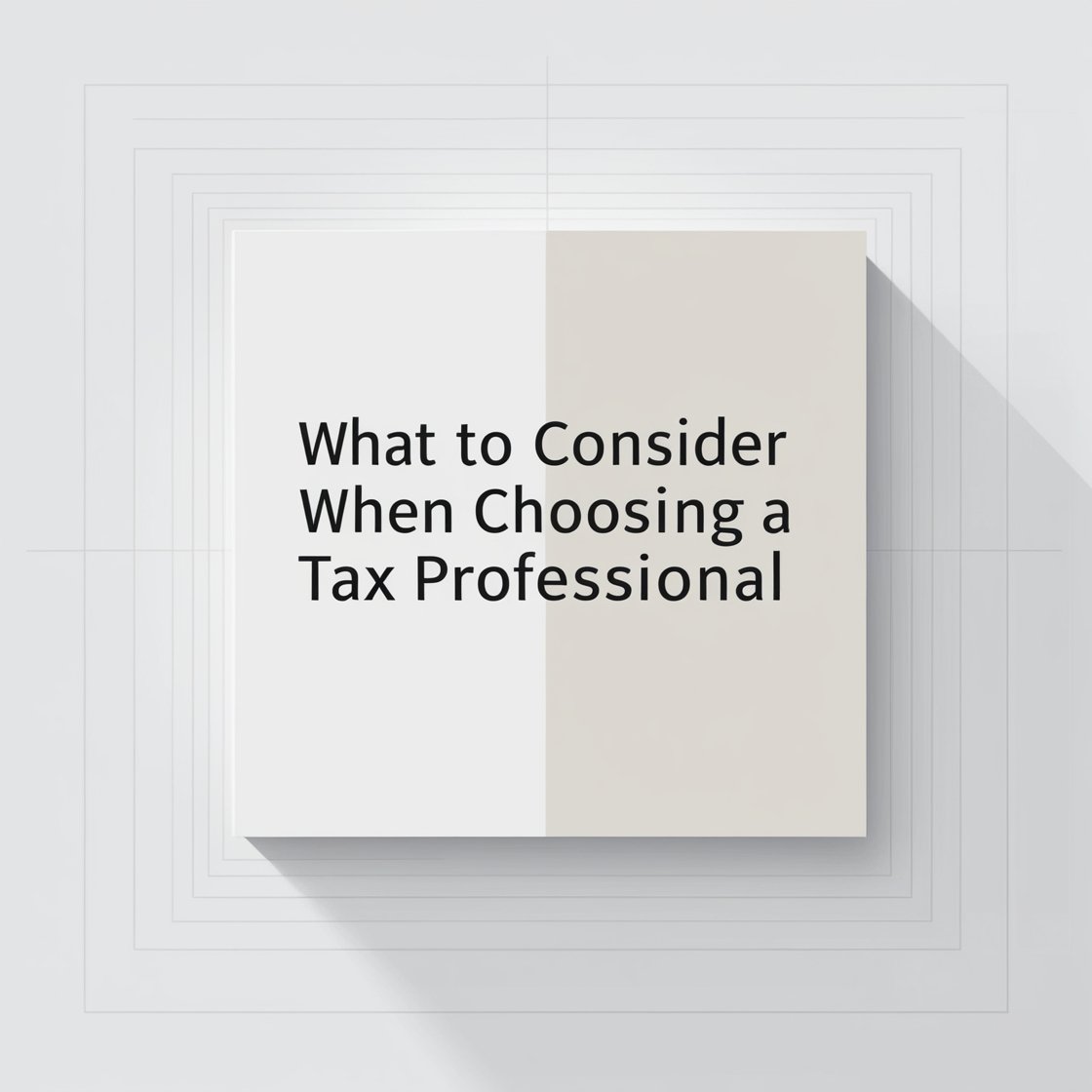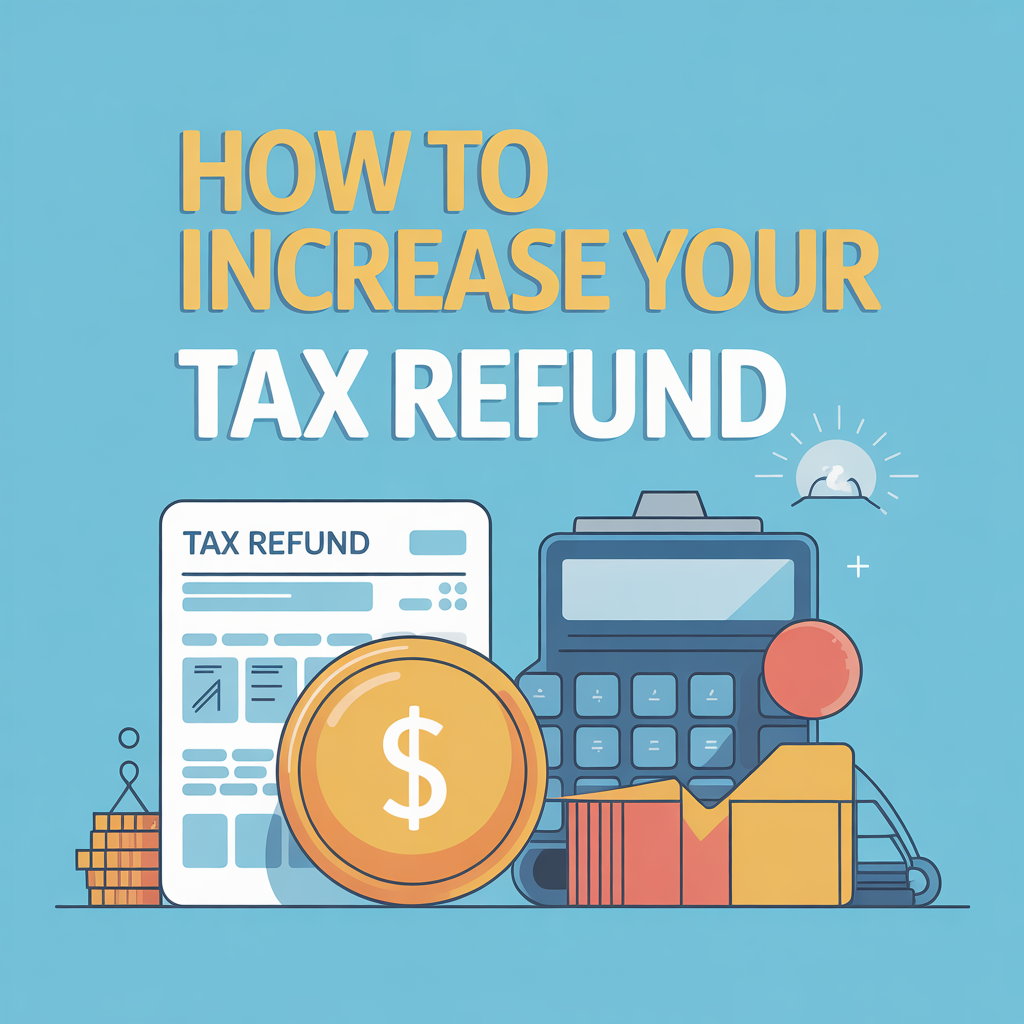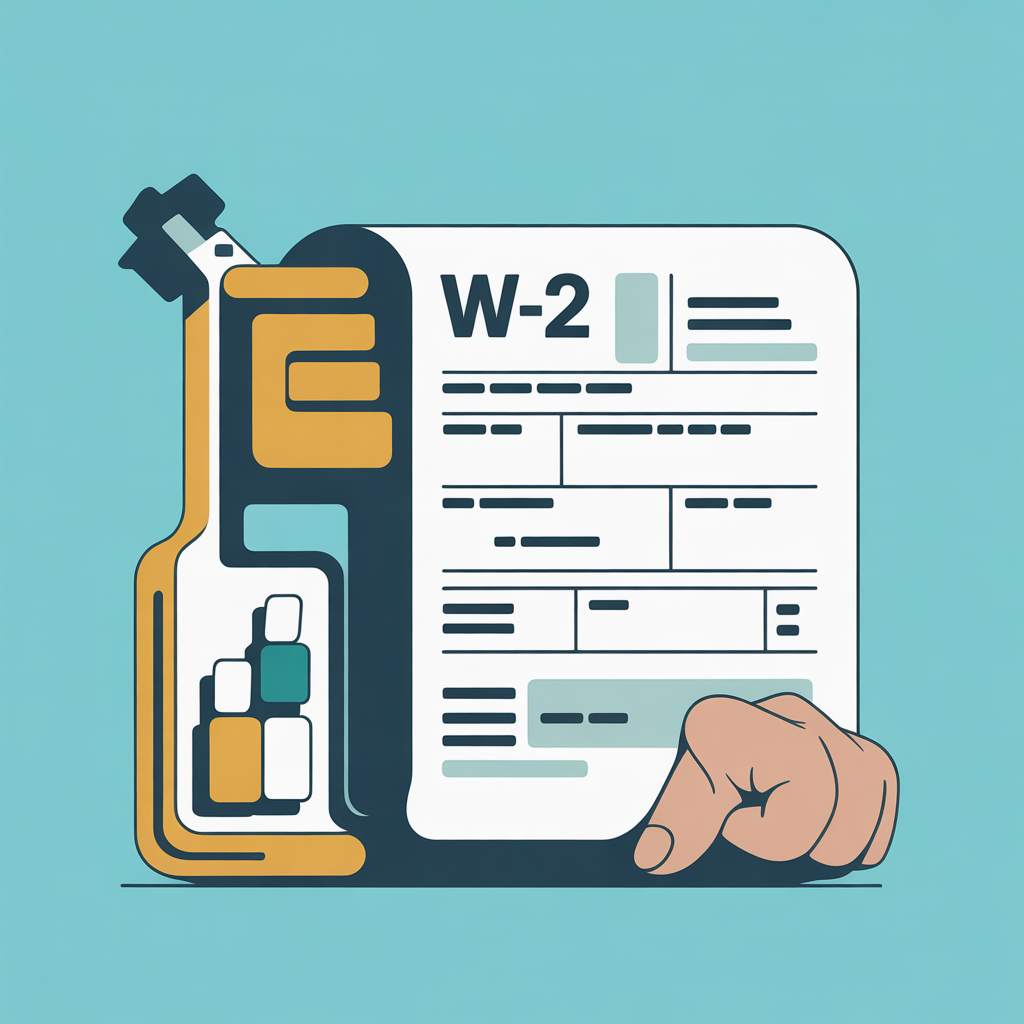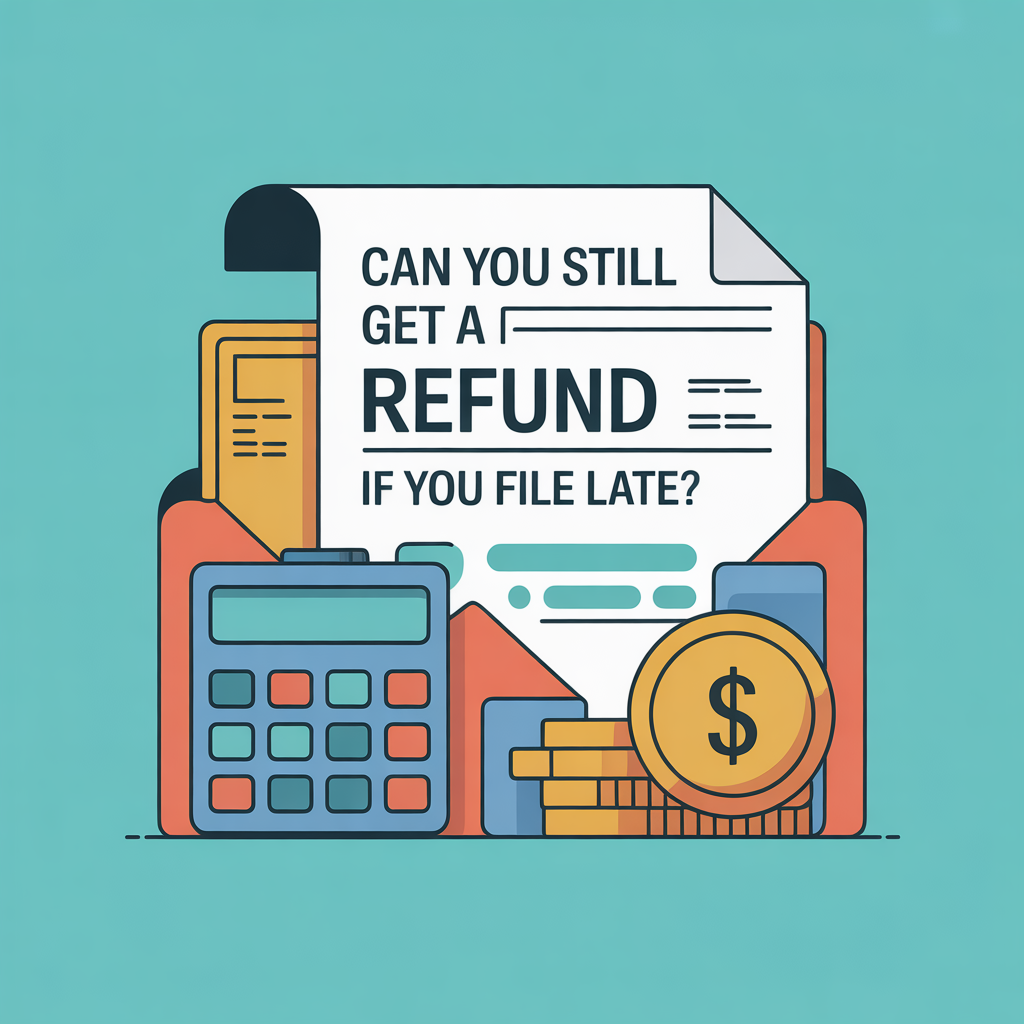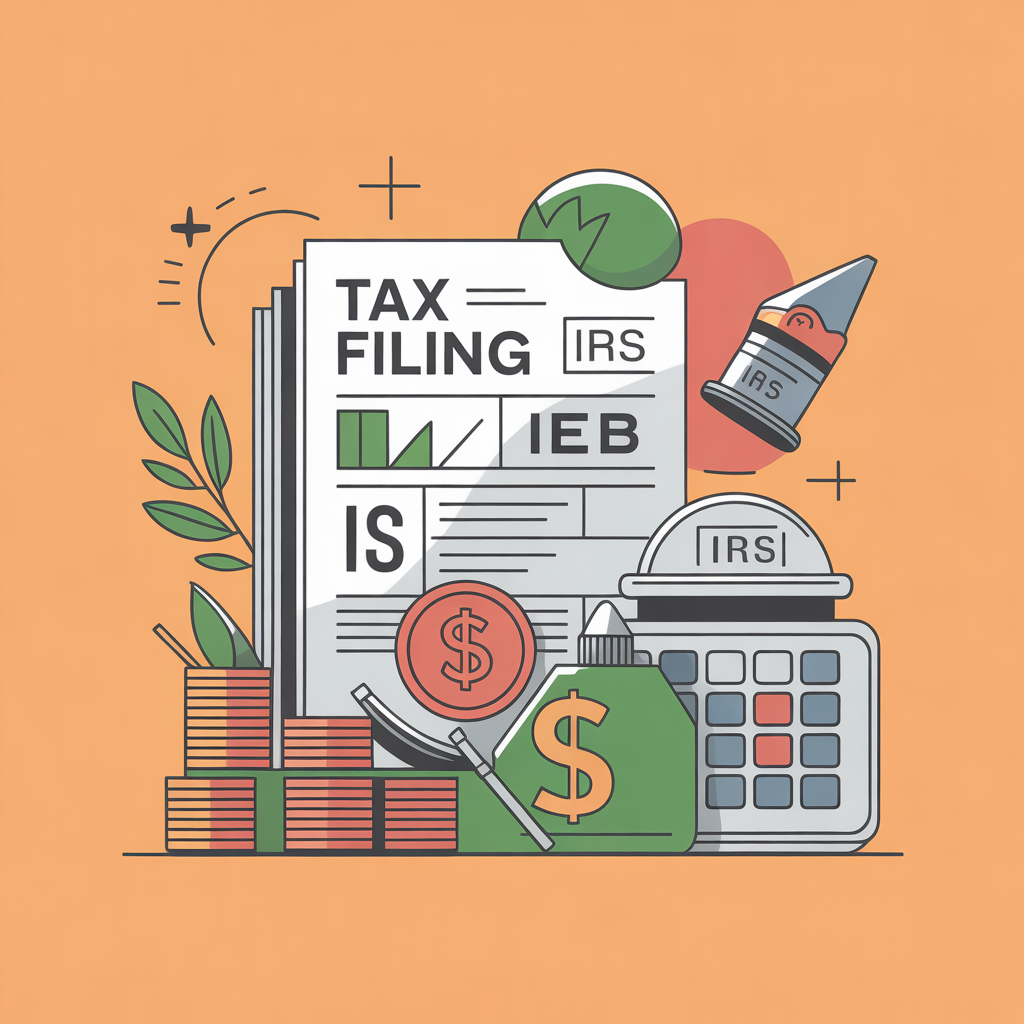Tax season can be stressful, especially if you’re unsure about how to maximize deductions, ensure compliance, and avoid IRS issues. A tax professional can be a valuable asset, but choosing the right one is crucial. Here’s what you need to consider when selecting a tax professional.
1. Credentials and Qualifications
Not all tax preparers are the same. Some key qualifications to look for include:
- Certified Public Accountant (CPA) – A CPA has extensive training in tax laws and accounting.
- Enrolled Agent (EA) – EAs are federally licensed tax professionals who specialize in tax matters.
- Tax Attorney – If your situation is complex or involves legal tax disputes, an attorney may be beneficial.
- Annual Filing Season Program (AFSP) Participants – These professionals have completed IRS-approved training but are not necessarily credentialed.
2. Experience and Specialization
Consider a tax professional’s experience, particularly in your specific tax situation. Do they specialize in individual taxes, small businesses, or corporate filings? If you own a business, you may need someone skilled in business tax services and BOIR (Beneficial Ownership Information Report) filings.
3. Reputation and Reviews
Check online reviews, testimonials, and referrals from trusted sources. Look for:
- Consistently positive feedback from past clients.
- Any history of complaints or disciplinary actions with the IRS or professional organizations.
- Recommendations from friends or business associates who have had good experiences.
4. Availability and Communication
Tax professionals should be available year-round, not just during tax season. Ask about their response times and preferred communication methods. A good tax expert should be easy to reach and willing to answer your questions.
5. Fees and Pricing Structure
Tax professionals may charge in various ways, such as:
- Flat fees for specific services.
- Hourly rates based on complexity.
- Percentage of refund (which can be a red flag since it incentivizes unethical practices).
Always get a clear understanding of the costs upfront to avoid surprises.
6. IRS Representation
Not all tax preparers can represent you before the IRS. Only CPAs, EAs, and attorneys have unlimited rights to represent clients in case of audits or disputes. If you need someone to handle IRS matters, ensure your tax professional is authorized.
7. Security and Confidentiality
Tax documents contain sensitive information. Ensure the tax professional follows strict security measures, such as encrypted file storage and secure portals for document exchange.
8. Up-to-Date Knowledge of Tax Laws
Tax laws change frequently, so your tax preparer should stay current on the latest IRS regulations, deductions, and credits. Ask how they keep up with industry changes.
9. E-Filing Authorization
A reputable tax professional should be an IRS-authorized e-filer, meaning they file returns electronically for faster processing and fewer errors. Be cautious of anyone who insists on paper filings without a valid reason.
10. Personalized Approach
Choose a tax professional who takes the time to understand your unique situation instead of offering a one-size-fits-all solution. Personalized tax planning can help you save more money and avoid unnecessary risks.
Contact us: +1 (972)-996-6644
Email us : info@theriwa.com Visit our website : https://theriwa.com/

